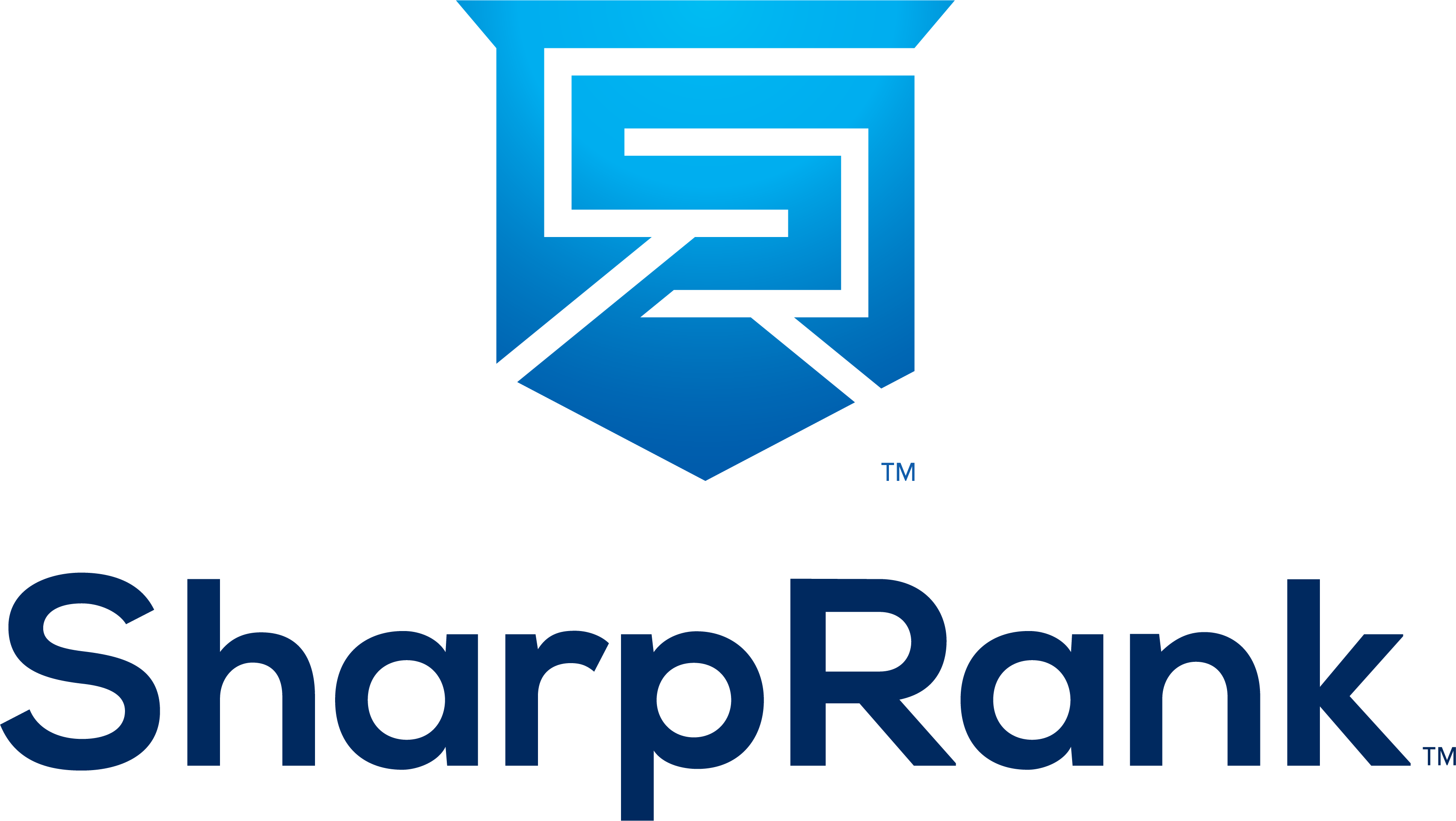Safeguarding Privacy in the SharpRank Sports Betting Industry
In today’s digital age, where information is the currency of the realm, privacy has become an increasingly important concern for individuals, businesses, and industries across the board. The sports betting industry, exemplified by SharpRank, is no exception. As technology continues to advance, the sensitive data and personal information of sports bettors are at risk of falling into the wrong hands. Therefore, it is crucial for SharpRank and other stakeholders in the sports betting industry to prioritize and implement robust privacy measures to protect their customers’ data and ensure trust and compliance in an evolving regulatory landscape.
The Importance of Privacy in Sports Betting
1. Protecting Customer Data
Customer data is the lifeblood of any business, and the sports betting industry is no different. SharpRank collects and processes a wide range of personal and financial information from its users, including names, addresses, financial transactions, and betting histories. Protecting this data is not only a moral responsibility but also a legal requirement in many jurisdictions. Any breach of this data can result in significant financial and reputational damage to the company.
2. Trust and Reputation
Privacy breaches can erode trust between a sports betting platform like SharpRank and its customers. Users need to feel confident that their personal information is being handled responsibly. A strong privacy policy not only safeguards customer data but also builds a reputation for trustworthiness, which can be a significant competitive advantage in a crowded market.
Privacy Measures for SharpRank
1. Data Encryption
SharpRank should employ robust encryption methods to protect the data transmitted between users and their servers. Data should be encrypted both in transit (using secure protocols like HTTPS) and at rest (on servers) to ensure it remains confidential and secure.
2. Data Minimization
The principle of data minimization involves collecting only the information that is necessary for the intended purpose. SharpRank should avoid collecting excess data, which can be prone to misuse or theft. This not only reduces the amount of sensitive data in their possession but also minimizes potential liabilities.
3. Access Control
Implementing strict access control measures ensures that only authorized personnel can access sensitive data. This involves a combination of strong authentication processes and user privileges, limiting the number of people who have access to sensitive data.
4. Regular Audits and Assessments
Regular security audits and privacy assessments are essential to identify vulnerabilities and ensure compliance with privacy regulations. SharpRank should regularly review and update their security protocols to stay ahead of emerging threats.
5. Transparency and User Consent
Transparency is key to building trust with customers. SharpRank should provide clear and accessible privacy policies, explaining how they collect, store, and use customer data. Obtaining informed consent from users before collecting their data is also crucial.
6. Compliance with Regulations
The sports betting industry is subject to various regulations, including those concerning data privacy. SharpRank must keep up with these regulations and ensure full compliance to avoid legal issues and penalties.
7. Data Retention Policies
Implementing clear data retention policies can help SharpRank to manage and protect customer data effectively. Data that is no longer needed should be securely deleted, reducing the risk of a data breach.
The protection of privacy is a fundamental aspect of responsible business practice for the SharpRank sports betting industry. The safeguarding of customer data not only ensures legal compliance but also builds trust and reputation, providing a competitive edge in a dynamic and evolving market. By following robust privacy measures and staying up-to-date with the latest privacy regulations, SharpRank can not only protect its customers but also secure its future in the sports betting industry. It’s crucial to view privacy as an ongoing commitment rather than a one-time obligation, as the landscape of technology and regulation will continue to evolve.
